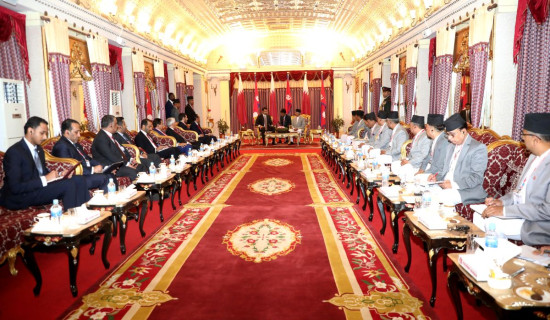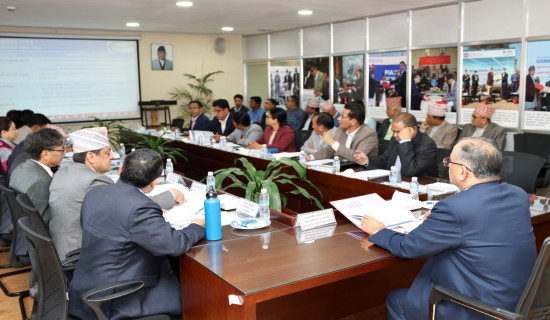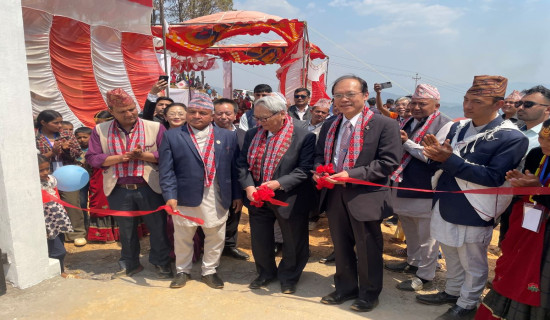- Wednesday, 24 April 2024
Regulate Cooperatives
Recognised as the third pillar of Nepal’s economy, cooperative is an autonomous financial institution run with the money collected from its members. As every member has the equal say over the matters of the cooperatives, they function under a democratic framework. The people get involved in the cooperatives to serve their immediate economic needs and start new entrepreneurship with moderate investment. For those, who have no access to big financial institutions, cooperatives have come handy to operate their commercial ventures. A sense of solidarity and self-help guide the cooperatives that are also expected to abide by ethical values, accountability, transparency and social responsibility. As the voluntary people set up cooperatives with small-scale money, they create a large network of economic activities.
With the liberalisation and open policy, Nepal has seen phenomenal growth in the number of cooperatives. According to data received till December 2020, there were 29,886 cooperatives in Nepal. Of them, 125 are under the federal government, 6,003 under provincial governments, and 23,759 under local governments. They have mobilised Rs. 477.96 billion in deposits and Rs. 426.26 billion in loans. Despite becoming an important component of economy, cooperatives have fallen into trouble owing to the malfeasance of its owners and their bad economic practice. The failure to channel their money into productive sectors has led to the closure of many cooperatives, with many depositors deprived of their savings. In the absence of effective monitoring and action against fraudulent operators, scores of cooperatives have embezzled the depositors’ money. This has earned bad name for the cooperatives that have helped sustain national economy during the crisis.
With growing public complaints against the dishonest cooperatives, the government formed a commission to investigate the problematic cooperative organisations dealing in savings and credits in October 2013. The commission received 22,170 complaints from 12,962 individuals against 162 cooperatives in 2014. The total claim was Rs. 10.08 billion including Rs. 2.40 billion interests on the deposits, according to the news report of this daily published on Sunday. It found 153 cooperatives problematic but the Ministry of Land Management, Cooperatives and Poverty Alleviation (MoLMCPA) has announced only 12 of them as 'problematic'. Still many other cooperatives have become problematic. One latest example is Civil Savings and Credit Cooperative under lawmaker Ichchha Raj Tamang, who reportedly used the cooperative for money laundering. Now his family members, including his spouse and daughters have been charged of swindling a large amount of money.
The savings and credit cooperatives have failed to follow the values of cooperative, giving rise to lawlessness. It is imperative to put a strong regulatory body in place to keep an eye on their activity. The Cooperatives Act, 2017 has authorised sub-national governments to regulate the cooperatives but they lack robust monitoring and operational mechanism. Most of the cooperatives are under the local government that has yet to build required legal instrument and financial resources to supervise them. The cooperatives need to be self-regulated by their members but they have been unable to effectively monitor how their savings have been mobilised and spent. On the other hand, the cooperatives’ operators have shown excessive greed and ditched the collective decision-making process and policy. They have invested depositors’ money in their own business such as shares, land plotting, housing and real estate. As new law has allowed Nepal Rastra Bank to oversee large cooperatives, it should step up measures to end the anomalies besetting this sector.









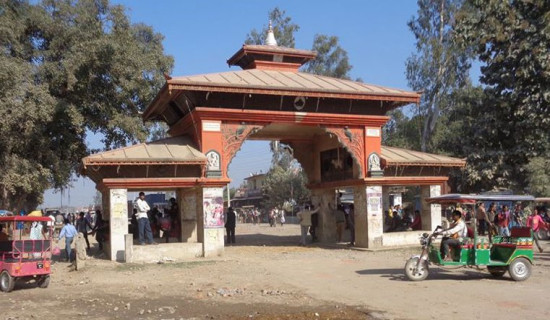
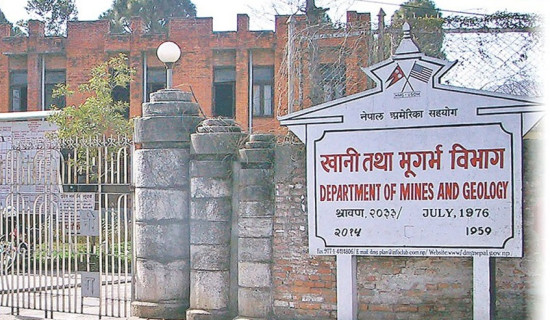

-original-thumb.jpg)
